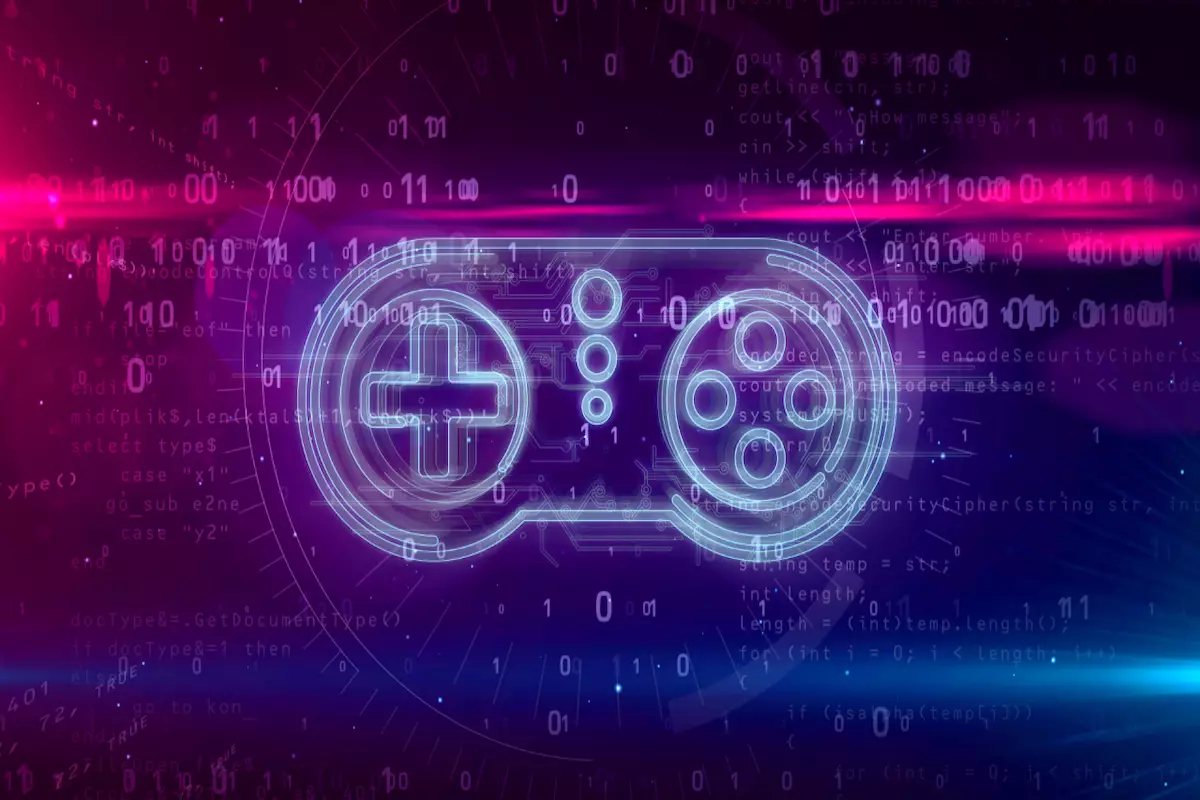The gaming industry is currently undergoing a transformative shift due to the rise of Play-to-Earn (P2E) models. These innovative frameworks allow players not just to engage in thrilling gameplay, but also to earn tangible rewards through their in-game activities. The allure of earning real-world value in exchange for time and skill can be a game-changer, enticing both seasoned gamers and newcomers alike into this burgeoning landscape. Thus, developing a successful P2E game requires a thoughtful approach that considers numerous aspects, from game design to economic sustainability.
A solid foundation begins with identifying your target audience. Understanding the demographics, preferences, and gaming behaviors of potential players is crucial in creating a game that resonates with them. Moreover, analyzing the competitive landscape provides insights into gaps and opportunities within the market. Combining this information will enable developers to design an engaging gameplay experience that incorporates earning mechanics. Striking a balance between enjoyment and potential earnings will be essential to retain players, ensuring they are not only entertained but also motivated to invest their time and effort.
The technological backbone of any P2E game predominantly revolves around blockchain technology. Selecting a suitable blockchain is a vital step. Factors such as transaction speed, cost, scalability, and environmental impact must be carefully weighed. By implementing smart contracts, transactions within the game can be secured and automated, ensuring trust and transparency. Furthermore, developers should strive to incorporate energy-efficient solutions to mitigate the environmental concerns that often accompany blockchain technologies.
The concept of tokenomics is foundational in P2E game development. Creating a robust in-game economy requires careful planning to create a sustainable model that prevents inflation while preserving asset values. Introducing unique in-game currencies, utilizing mechanisms such as token burns, or staking can regulate the virtual economy and incentivize player engagement. Additionally, a dual-token system may provide more stability by separating governance tokens from in-game currency, allowing for sustained growth and player trust.
With the ever-evolving landscape of regulations surrounding cryptocurrencies and non-fungible tokens (NFTs), understanding the legal framework is imperative. Ensuring adherence to regional laws not only helps avoid potential setbacks but also fosters trust among players. Equally important is creating a strong community. Engaging with players and gathering feedback can guide further development while reinforcing loyalty. Educating players about navigating blockchain gaming is another critical element in promoting a supportive environment.
The testing phase is a crucial part of any game development process, and P2E games are no exception. Alpha and beta testing help identify and rectify potential issues before launch. Engaging players during these phases and implementing their feedback can refine gameplay and enhance user experience. A successful launch often requires strategic planning, perhaps incorporating exclusive in-game events or rewards to draw in players and keep them engaged.
In an environment as dynamic as the gaming industry, staying attuned to emerging trends is critical. Notable innovations, such as augmented reality (AR) and shifts in player preferences towards mobile and social gaming, will influence game design. Developers must be willing to adapt and innovate to ensure their creations remain relevant and engaging.
P2E gaming represents both challenges and opportunities. As technology rapidly evolves and player familiarity with blockchain increases, the potential for these games to thrive becomes clear. By emphasizing user experience, well-crafted tokenomics, and a keen understanding of player dynamics, developers can navigate the complexities of this landscape successfully. The future of gaming is bright, and those who harness the P2E model effectively are poised to make a lasting impact in the industry.



Leave a Reply